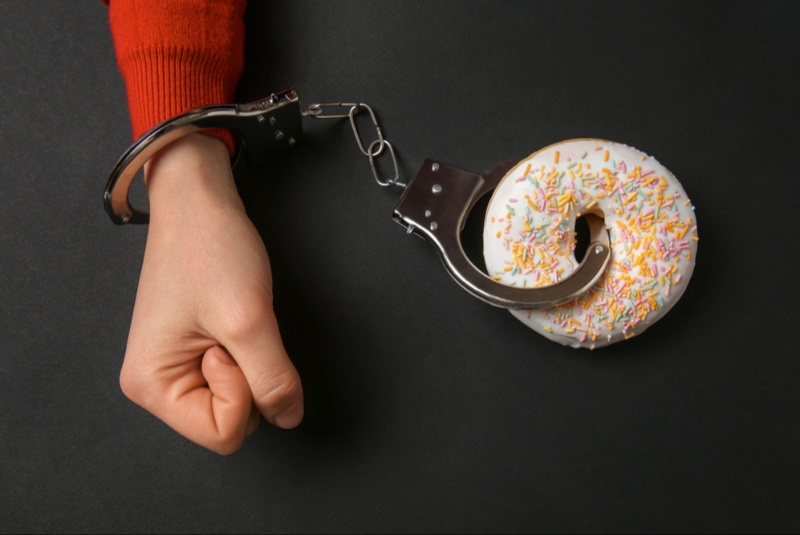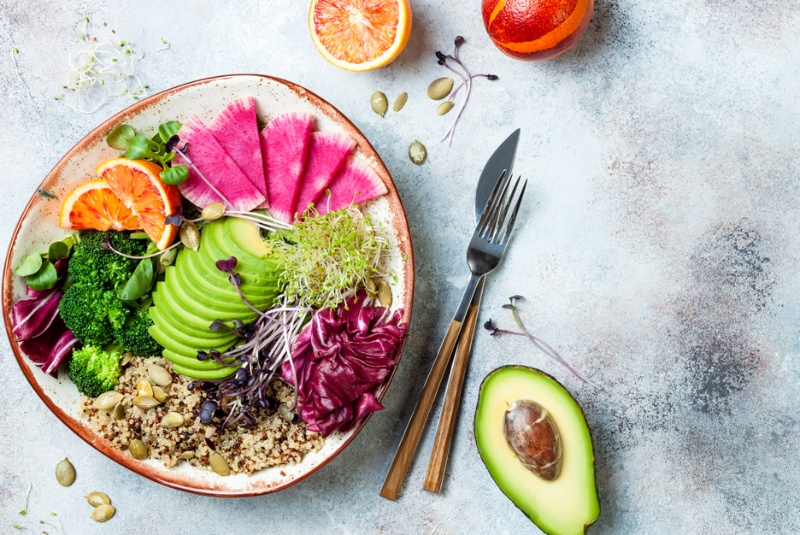Sugar addiction is a growing concern worldwide. Unlike other addictive substances like alcohol, drugs, or tobacco, sugar is often regarded as harmless, even pleasurable. It's omnipresent in processed foods, soft drinks, candies, and even savory items. The more we consume, the more we want. But the sweet satisfaction comes with a hefty price tag: a cascade of health issues such as obesity, diabetes, heart disease, and more. If you find yourself unable to resist sugary foods despite knowing their ill effects, you may be addicted to sugar.
Understanding Sugar Addiction
Before finding a solution, we need to understand the problem. Sugar addiction occurs when the consumption of sugar triggers the release of dopamine in the brain. This neurotransmitter is responsible for feelings of pleasure and reward, making you want to repeat the behavior. Over time, the brain becomes desensitized to the dopamine surge, requiring more sugar to achieve the same pleasure, thus forming an addiction loop.
The Impact of Sugar on Health
While a little sugar won't hurt, a diet high in added sugar is detrimental to health. It can lead to:
- Weight Gain: High sugar consumption leads to increased caloric intake, often resulting in weight gain and obesity.
- Type 2 Diabetes: Excessive sugar can lead to insulin resistance, making it difficult for the body to regulate blood sugar levels.
- Heart Disease: Sugar-laden diets can raise blood pressure, increase inflammation, and elevate triglyceride levels, which are all risk factors for heart disease.
- Dental Problems: Sugar is the main culprit behind tooth decay and gum disease.

How to Break Free from Sugar Addiction
1. Identify Triggers
The first step to breaking free is to identify when and why you reach for sugary foods. Is it emotional eating, boredom, or a response to stress? By recognizing triggers, you can work on healthier ways to cope.
2. Gradual Reduction
Going cold turkey may not be practical or even advisable. A gradual reduction allows your taste buds to adapt and reduces withdrawal symptoms. Start by cutting back on sugar in your coffee, opting for natural sweeteners like Stevia, or choosing snacks with lower sugar content.
3. Choose Natural Alternatives
Fruits are a great alternative for a sugar fix. They contain fiber, vitamins, and minerals that are beneficial for your health. When craving sweets, reach for an apple, banana, or a handful of berries.
4. Plan Meals and Snacks
Meal planning can help you avoid impulsive sugar consumption. Prepare healthy, balanced meals that include protein, healthy fats, and fiber to keep you satiated for longer.
5. Exercise Regularly
Exercise is a powerful tool in breaking free from addiction. Physical activity releases endorphins, which can give you a sense of well-being without the sugar rush.
6. Seek Support
Sharing your journey can make the process less daunting. Join a support group, or talk to friends and family to keep yourself accountable.
7. Professional Help
In severe cases, you may benefit from professional intervention, like counseling or even medications that curb cravings.
Sugar addiction is a real and prevalent issue that has long-term health ramifications. Recognizing the problem is the first step, followed by a conscious effort to reduce consumption and make healthier lifestyle choices. With determination, planning, and a little help from your support network, breaking free from sugar addiction is entirely possible.
So the next time you find yourself reaching for that candy bar, remember, you have the power to choose a healthier path.




